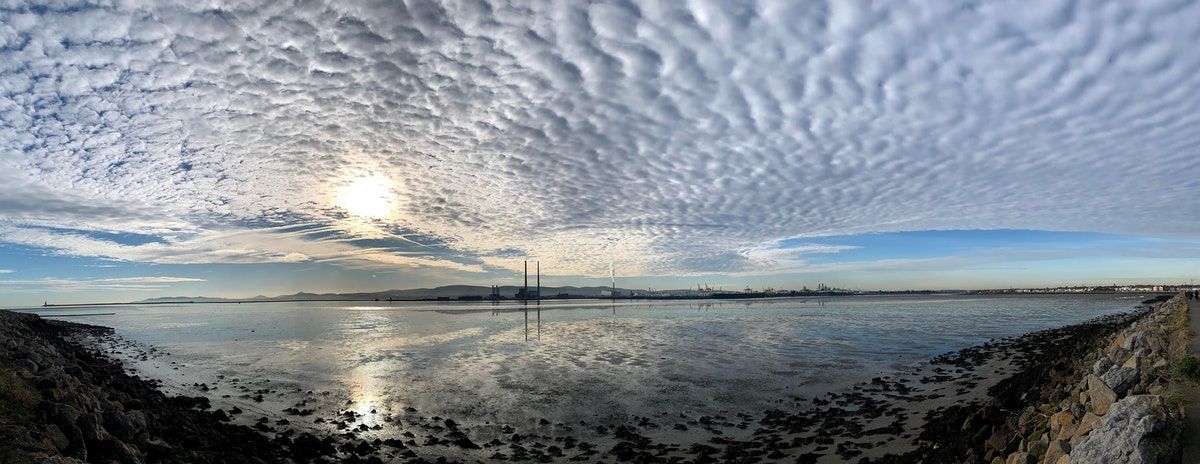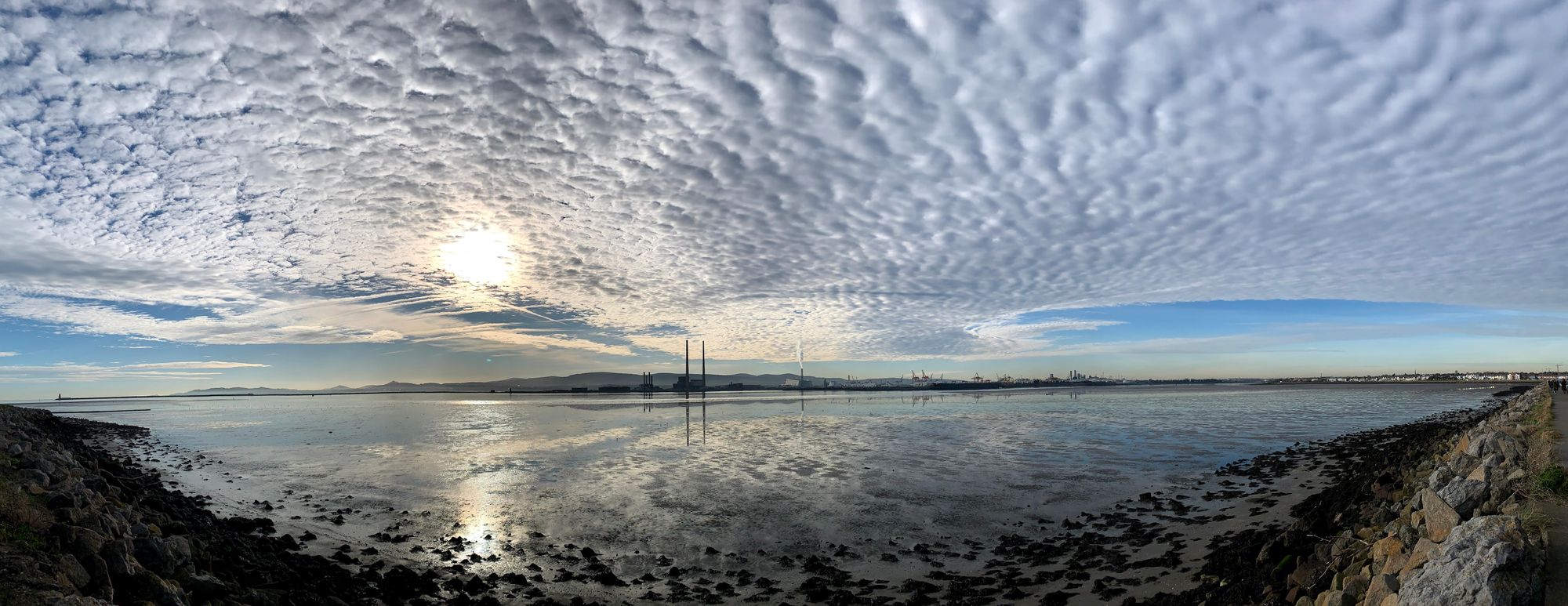The Gist: A Change In The Weather
The Taliban returned to Kabul and the state of the Climate discourse belatedly begins to heat up. This is the Gist.

You don’t need a Weatherman/To know which way the wind blows
When I was growing up, it was acknowledged that there was a significant chance, shading over time to a certainty, that something or other would provoke a nuclear war that would wipe out life on earth. Every Cold War spy thriller was actually a horror novel, where all the characters shuffled their pieces on a board that was already doomed. No matter which side ended up ahead, playing the game at all drove everyone closer to the atomic conclusion.
The difference between a horror story and a thriller is that, in a thriller, the protagonists still have hope.
The latest report from the UN’s global expert group on Climate Change, the IPCC, was released with the unambivalent message “Climate change widespread, rapid, and intensifying”.
It arrived accompanied by a myriad of illustrations from across the world, as news reports of massive fires engulfing regions were layered over pictures of floods and the future seemed to send its echos back towards us as people took to boats to escape the conflagrations that had consumed their homes or holidays.
This is a problem for those of us planning to stay living on Earth for the next few decades and hoping not to have to hand it to the current generation of children like a box marked Fragile that rattles distressingly when you move it.
As with the Cold War, the institutional requirements of the society we live within mean we continue to hesitate to take the steps needed to mitigate (there is no longer a reverse option) the worse consequences of climate change to come. We can change them collectively, as the Cold War stand-off was suddenly changed by the collapse of the USSR. But we can’t do it fast enough without a radical alteration of the underlying assumptions of the society we’ve inherited.
I’m not saying that can’t happen. The Cold War framework of Mutually Assured Destruction was disrupted by the implosion of an entire political and economic model for a global Superpower. This crisis isn’t going to be fixed by small changes on the domestic level. Climate change isn’t a matter of ‘personal responsibility’. It is only addressable at the level of national and international politics.
There is still hope for our future. All is not lost. But the IPCC reports are telling us, loud and clear, we don’t have any more time to wait and see before our race-against-time thriller simply shades into horror.
A Bright and Shining Lie
The Taliban entered Kabul, as the US-backed government fled to spend more time with their money. This is a disaster for the people of Afghanistan, turning the country into an open prison for its women and setting all its citizens on a grim path for the foreseeable future.
Certainly Ireland knows all about the long-lasting troubles of fusing an armed overthrow of a foreign-backed government with an oppressive theocratic ideology that represents itself as the only natural expression of the nation’s true soul.
As to how the US so miscalculated the strength of the Afghanistan army they’d spent decades and billions on training, well, all the answers have been sitting for decades in David Halberstam’s book on the political mistakes that prolonged the Vietnam War, The Best and the Brightest.
Just like the rest of us, the institutional impulses of a mixed military and political project mean that the same errors keep being rewarded- until the day they aren’t.




